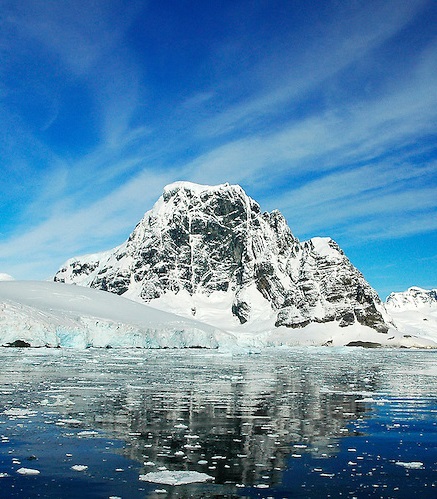Antarctic authorities meet to solidify sanctions
 A meeting is on in Hobart this week to discuss plans that would see fishing near Antarctica drastically reduced or even banned.
A meeting is on in Hobart this week to discuss plans that would see fishing near Antarctica drastically reduced or even banned.
Hundreds of scientists representing dozens of nations, research and industry groups will begin their meetings today in the effort to protect the last remaining pristine marine environment.
It is officially a meeting of the Conservation of Antarctic Marine Living Resources (CCAMLR): a group of 25 bodies established by international convention in 1982 to conserve Antarctic marine life. The CCAMLR was initially created in response to increasing commercial interest in Antarctic krill resources.
The meeting will consider two main proposals, to be fleshed-out by members’ contributions.
The first plan is to institute a series of marine protected areas covering 1.6 million square kilometres off the east coast of Antarctica. Fishing would be entirely banned in the areas, massively reducing the amount of commercial activity taking place anywhere near the icy continent and its surrounding seas.
Most of the member countries in the CCAMLR reportedly support the plan with the exception of Russia, which continues to operate fishing licences in several of the zones and has flagged legal objections to the plan.
A previously proposed protected zone in the Antarctic Ross Sea was jointly suggested by the US and New Zealand. It was then hacked away at and reduced by 40 per cent when Russia and the Ukraine objected to the idea at CCAMLR's last meeting in Germany.
Some reports say Norway has changed its tone from the last meeting. It had been similarly concerned with the potential impacts to its fishing industry, but will now support the creation of the protected areas.
Australian Antarctic Division Director, and leader of the Australian delegation to CCAMLR, Dr Tony Fleming said: “at previous meetings some CCAMLR Members have sought more time to give such a major proposal serious consideration... since the last time CCAMLR met to discuss MPAs we have continued to work with our French and European Union colleagues to refine the proposal... we remain positive going into this week’s meeting, and hopeful of a successful outcome.”
The Antarctic Ocean Alliance is the main group pushing for the highest level of protection for the continent and surrounding waters. Spokesperson Steven Campbell says the areas must be protected by law “while its key ocean ecosystems are still intact”.
“The countries that make up CCAMLR need to show real leadership to deliver on their commitments to establish a network of [Marine Protected Areas] on Antarctica,” Campbell said.
The meetings will run for the next two weeks.







 Print
Print